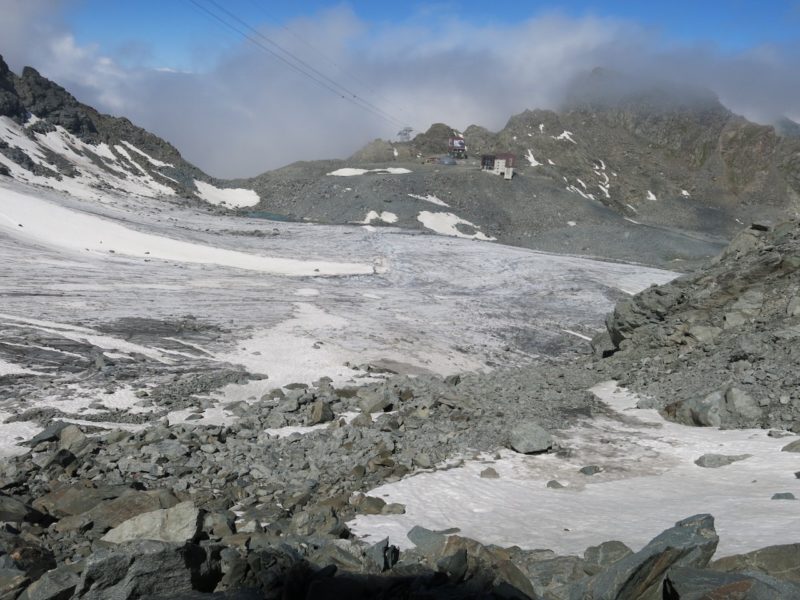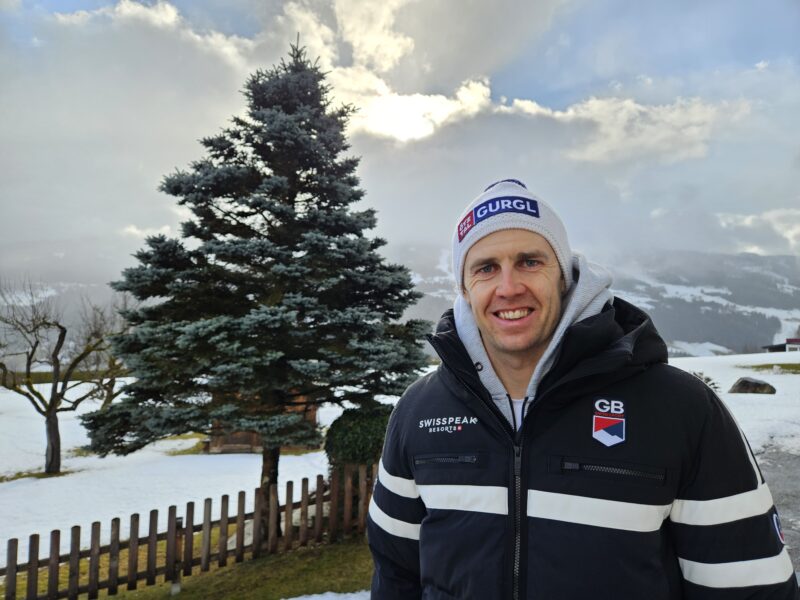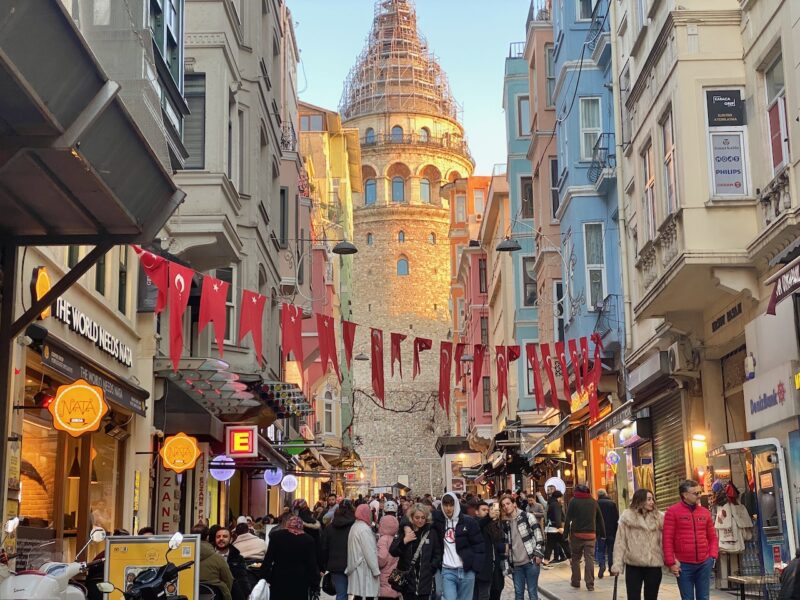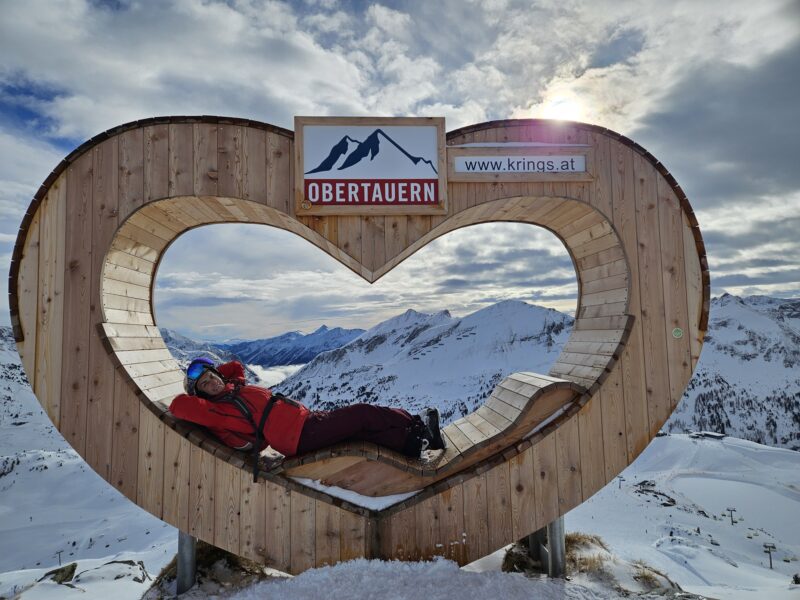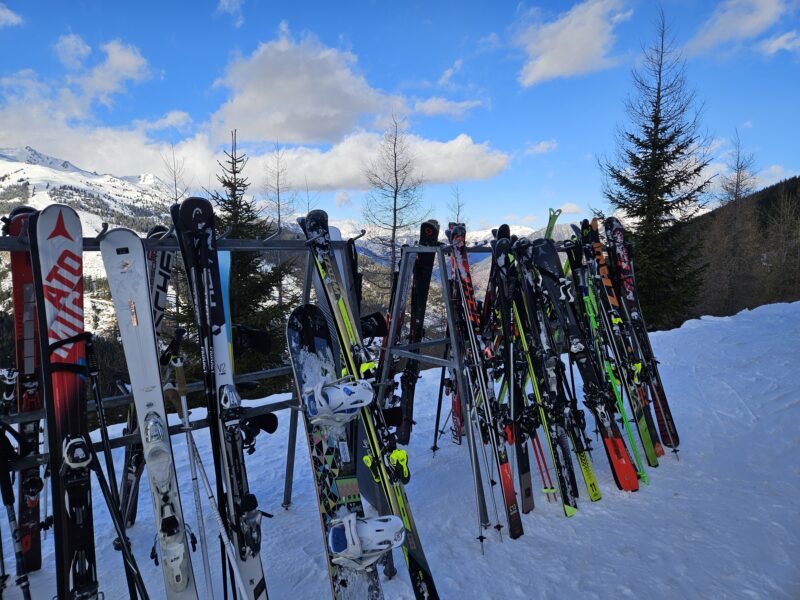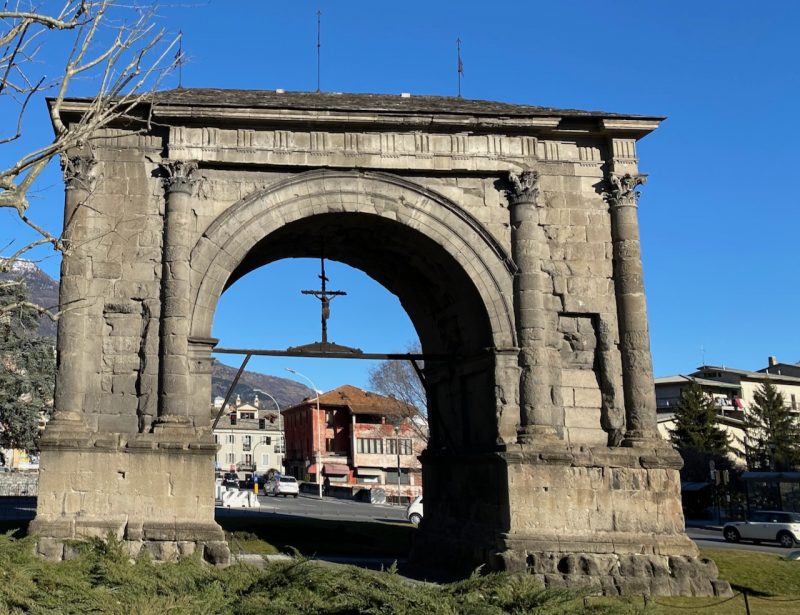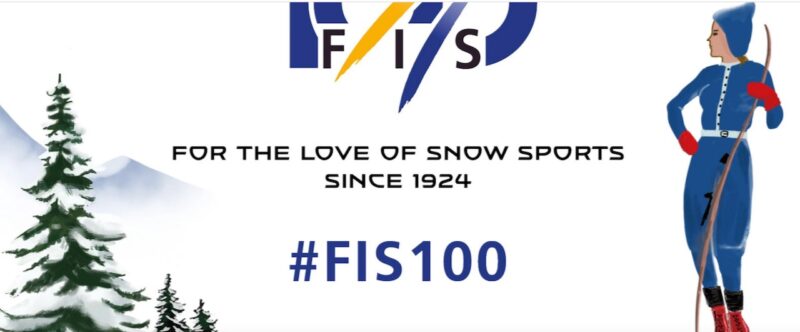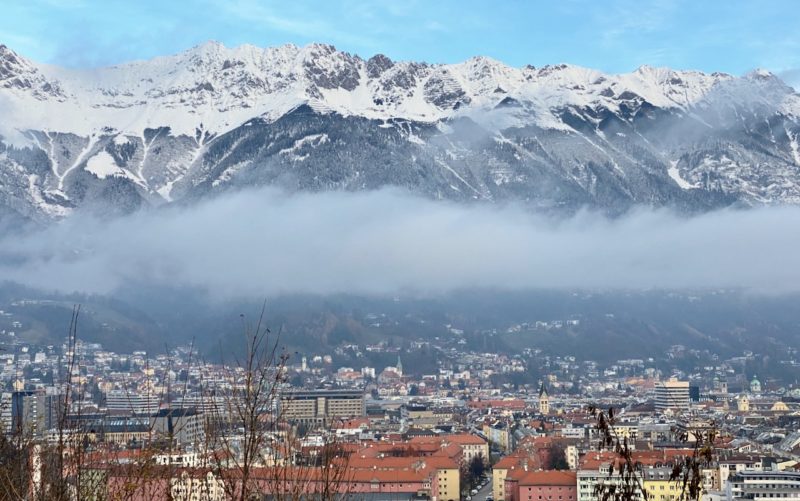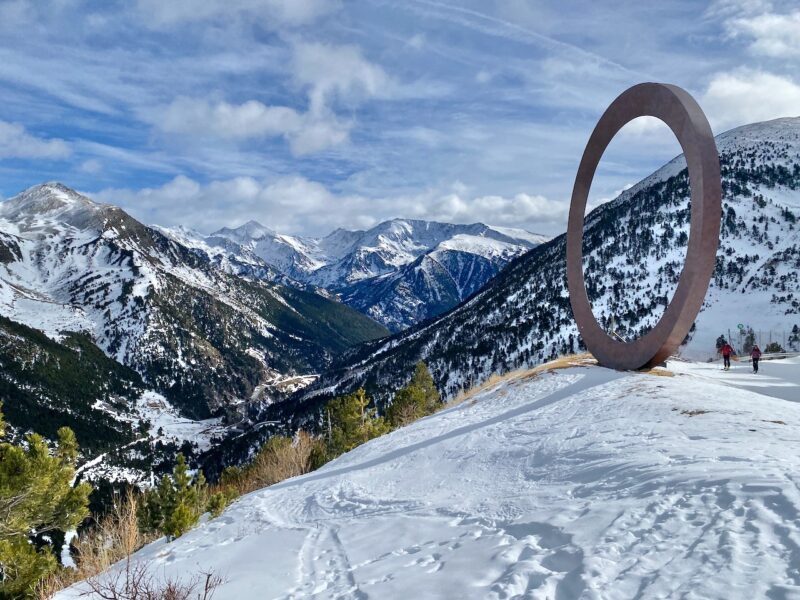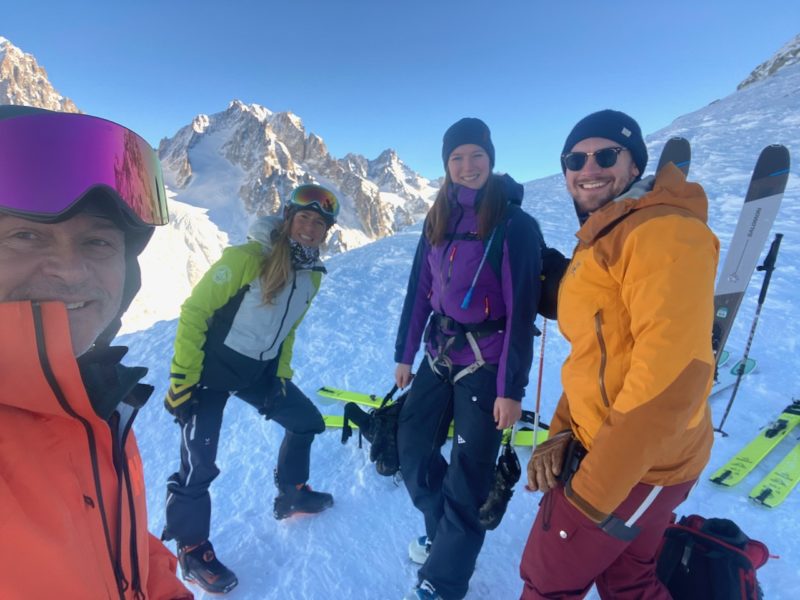HELMETS CAN INCREASE RISK OF SERIOUS INJURY
1st December 2019
Last modified on September 6th, 2021
That’s the disturbing finding from a new 8-year long study in the USA. PlanetSKI reports on the protection helmets offer.
Two surgeons from the Dartmouth-Hitchcock Medical Centre in New Hampshire studied the results from more than 700 patients in 35 ski resorts over an 8-year period.
The study found that helmets offer more protection for skull fractures and light injuries, but the statistics indicate there has been a rise in more serious injuries.
“We found helmets protect against preventable things like skull fractures … or neck injuries, and that is great and reassuring,” said one of the authors of the report, Dr Eleah Porter.
“But we found that people who were helmeted were more likely to get into these major injuries, were falling from great heights, crashing into trees or stationary objects much more so than non-helmeted patients.”
According to the scientists the data showed that people with helmets on were more likely to take greater risks.
The researchers dealt with 721 patients of whom 65% were wearing a helmet and 35% were not.
Helmet use doubled during the study period from 43% to 81%, but the rate of any head injury did not significantly change.
Helmeted patients were significantly more likely to suffer severe injury than unhelmeted patients.
Helmeted patients were half as likely to suffer cervical spine injury and a third as likely to sustain skull fracture and/or scalp laceration.
More patients who hit a stationary object were helmeted compared with those who fell from standing height onto snow.
After adjustment, hitting a stationary object was the injury mechanism most significantly associated with severe injury.
The findings are published in the Journal of Trauma and Acute Care Surgery.
The reasoning behind the study:
There is uncertainty regarding the efficacy of ski helmets in preventing traumatic injury. We investigated the relationship between helmet use, injury types, and injury severity among skiers and snowboarders.
And the conclusion:
Helmeted skiers and snowboarders evaluated at a Level I trauma center were more likely to suffer severe injury, including intracranial hemorrhage, as compared with unhelmeted participants.
However, they were less likely to sustain skull fractures or cervical spine injuries.
Helmeted patients were also more likely to hit a stationary object.
Our findings reinforce the importance of safe skiing practices and trauma evaluation after high-impact injury, regardless of helmet use.
Here on PlanetSKI we have reported on the issue over the years and there are many other reports in these stories:
We’ve already had a lot of response to this study.
You can read some of the comments at the end of this article.
PLANETSKI ANALYSIS
James Cove, Editor
There has been little in-depth scientific research into the actual and real protection offered by ski helmets.
This report from the Dartmouth-Hitchcock Medical Centre makes an interesting and substantial contribution to the debate.
Common sense tells you that helmets are worth wearing.
If you bash your head and have a helmet on obviously it will offer some protection.
We have all seen images of broken helmets after a fall and thought if that person hadn’t had a helmet on then the injury would be significantly worse.
But the research indicates it is not quite so simple as this.
The issue of the exact level of protection offered by helmets is not black or white, but rather grey.
They are now common across the mountains and many advocate their use with more than a touch of evangelism.
Only last week I posted a picture on social media of myself and my daughter without helmets.
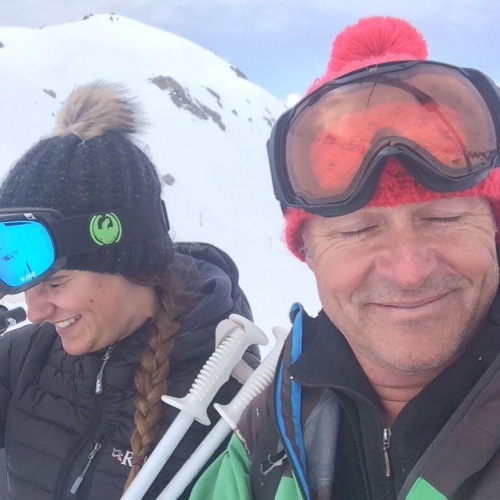
Without helmets. Image © PlanetSKI
I had several emails questioning why I was not wearing a helmet and the bad example I was setting.
Suffice to say that the skiing we were doing that afternoon in Verbier did not requite a helmet to be worn in my judgement.
I posted from Val Thorens last weekend where I was wearing a helmet for the whole time on the trip.
The slopes were busy, the pistes hard-packed, the rocks were barely covered and in the group I was skiing in there was one person who skied slightly too fast for his ability much of the time.
And on several occassions too close to the rest of us.
Needless to say he had no idea he was doing it.
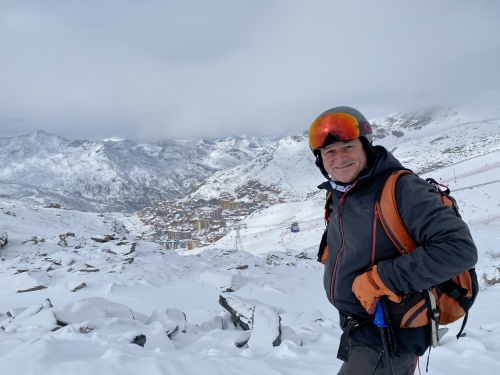
Yours truly with helmet firmly on. Image © PlanetSKI
Back in 2006 when I worked as a ski instructor in Verbier I turned up to teach one morning with a helmet on (I started wearing one in the early 2000s) and was asked to take it off by the Ski School Director.
He thought it would put clients off and make it look like we were going to do extreme skiing and they would be scared.
Now wearing a helmet is compulsory for instructors in many ski schools.
Times change.
In 2017 a US study that found helmets did not protect skiers against traumatic brain injuries.
Another 2017 study of 549 young skiers and snowboarders in Colorado found that kids with helmets on were more likely to have injuries to several parts of their body.
The key thing is whether wearing a helmet changes how a person skis.
If I happen to ski in the trees in powder without a helmet (something I rarely do) I will ski slower and more carefully.
With a helmet on I feel less exposed and better protected, therefore I ski faster.
If a skier puts one on as a precaution against being skied into, bashed on the head by a chairlift bar or a fall on ice it will unlikely change how they ski.
If you put a helmet on and feel invincible then there is cause for concern.
The conclusions from the 721 cases the doctors have looked at over 8 years should not necessarily be used to support your current view, whether you wear a helmet all of the time, some of the time or never.
Rather the research should be digested and understood so you make informed decisions about when and where to wear a helmet and gain a better, if incomplete, understanding of the protection they offer to the type of skiing you do.
In short the research seems to me to point out that helmets do offer protection, but not nearly as much as people might perhaps think.
There’s been a lot of reaction over on the PlanetSKI Facebook page.
One reader re-produced this Instagram post from his son….

A skier’s story
He then commented…..

A dad’s view
And here’s a small selection of some of the other comments:
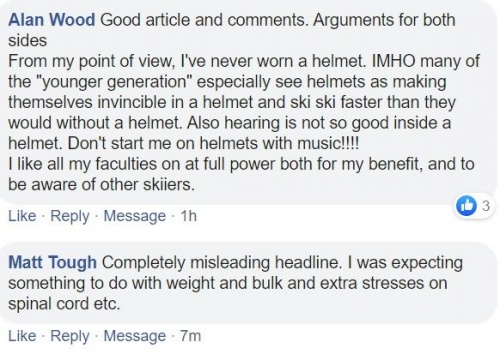
Reaction on Facebook
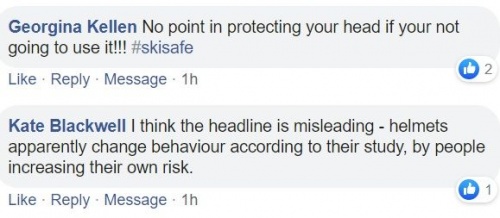
Reaction on Facebook
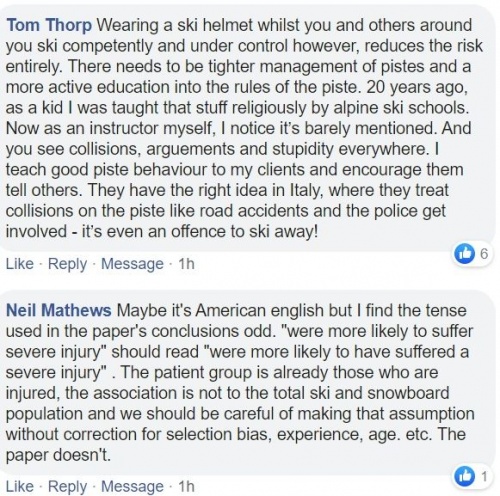
Reaction on Facebook
For the Spirit of the Mountains – PlanetSKI: Number One for ski news

